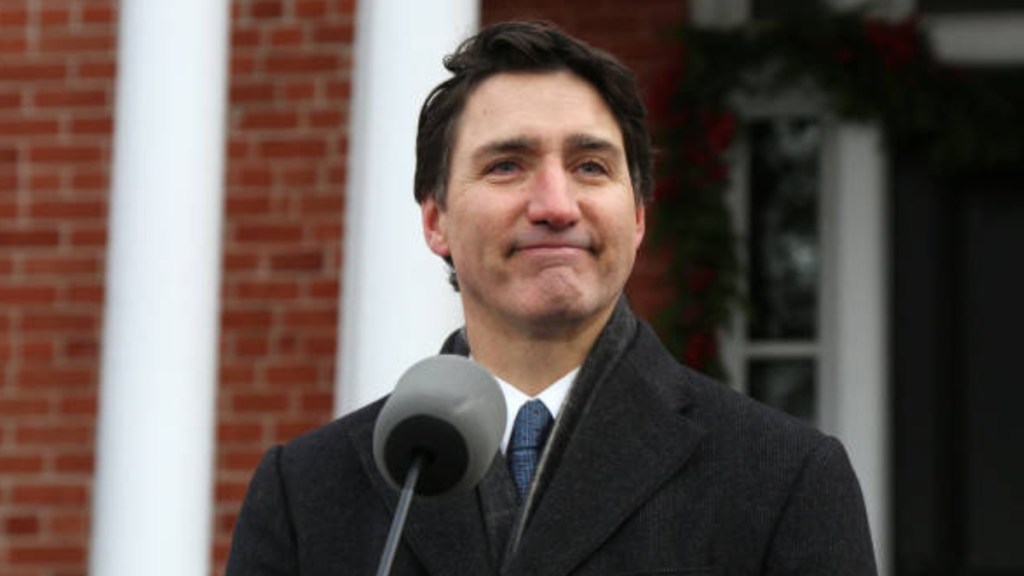Justin Trudeau, Canada’s Prime Minister for nearly a decade, has announced his resignation, citing internal party turmoil and declining public support. In a move that adds to the political uncertainty, the Canadian Parliament will remain suspended until March 24, 2025. This unexpected development follows mounting criticism of Trudeau’s handling of domestic issues and diplomatic relations, particularly with India.
In his address to the nation, Trudeau stated, “Canada needs fresh leadership to navigate these challenging times.” He added that his resignation aims to pave the way for rebuilding public trust and party unity.
Internal Strife and Economic Challenges
Trudeau’s decision comes amid intense internal dissent within the Liberal Party. The abrupt resignation of Finance Minister Chrystia Freeland, coupled with dissatisfaction among over half of the party’s MPs, exacerbated the political crisis. Rising inflation, housing shortages, and public discontent over economic policies further weakened Trudeau’s standing.
Recent polls indicated that Trudeau’s Liberals were trailing behind the Conservative Party, led by Pierre Poilievre, increasing pressure on the Prime Minister to step aside before the next general election.
Khalistan Controversy and Strained India-Canada Ties
A significant factor in Trudeau’s declining support has been his controversial stance on the Khalistan issue. Tensions between India and Canada escalated in September 2024, when Trudeau accused Indian agents of being involved in the assassination of Hardeep Singh Nijjar, a Khalistani activist, on Canadian soil. India categorically denied the allegations, leading to a diplomatic standoff, including the expulsion of diplomats and the suspension of trade talks.
Critics argue that Trudeau’s perceived leniency toward pro-Khalistan elements in Canada alienated key allies like India and inflamed domestic tensions. The issue also strained relations within his government, as the opposition and sections of his own party questioned the long-term ramifications of his approach.
Jagmeet Singh’s New Democratic Party (NDP), a critical ally of Trudeau’s minority government, also withdrew its support, citing policy differences, further destabilizing the administration.
What Lies Ahead
The suspension of Parliament until March 2025 gives the Liberal Party time to reorganize and choose a new leader. However, this decision has been criticized by opposition parties, who view it as a delay tactic to avoid immediate scrutiny.
As Canada enters a period of political transition, much will depend on how the Liberal Party addresses key challenges, including mending strained international ties, tackling domestic economic woes, and redefining its stance on the Khalistan issue. Trudeau’s resignation marks the end of a turbulent chapter in Canadian politics, leaving the nation at a crossroads.
For now, all eyes will be on the Liberal leadership race and its implications for Canada’s future, both at home and on the global stage.

